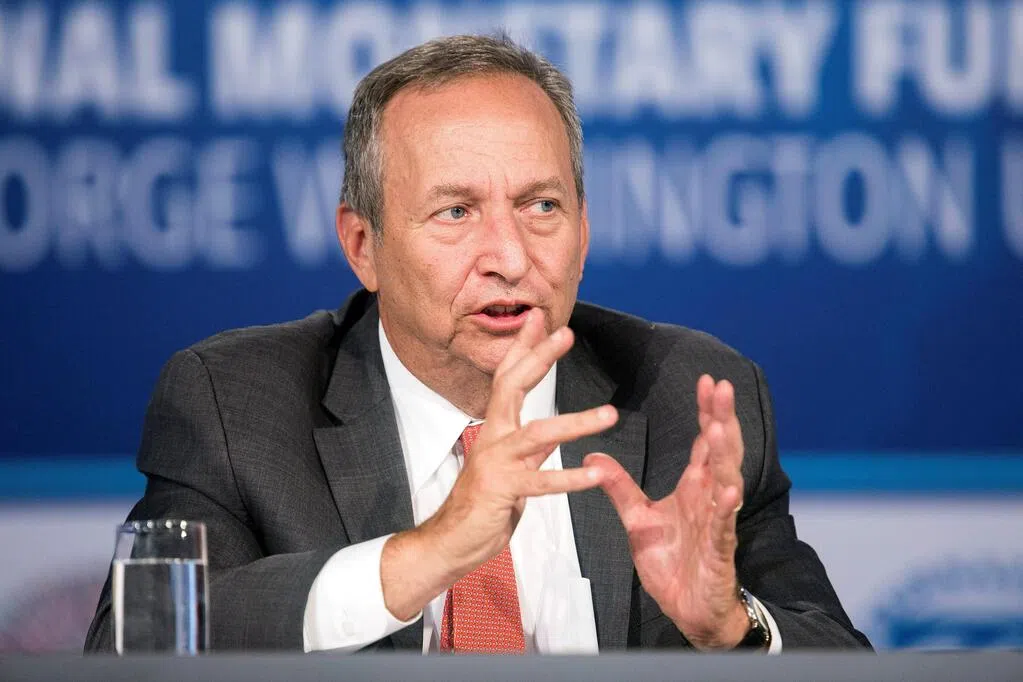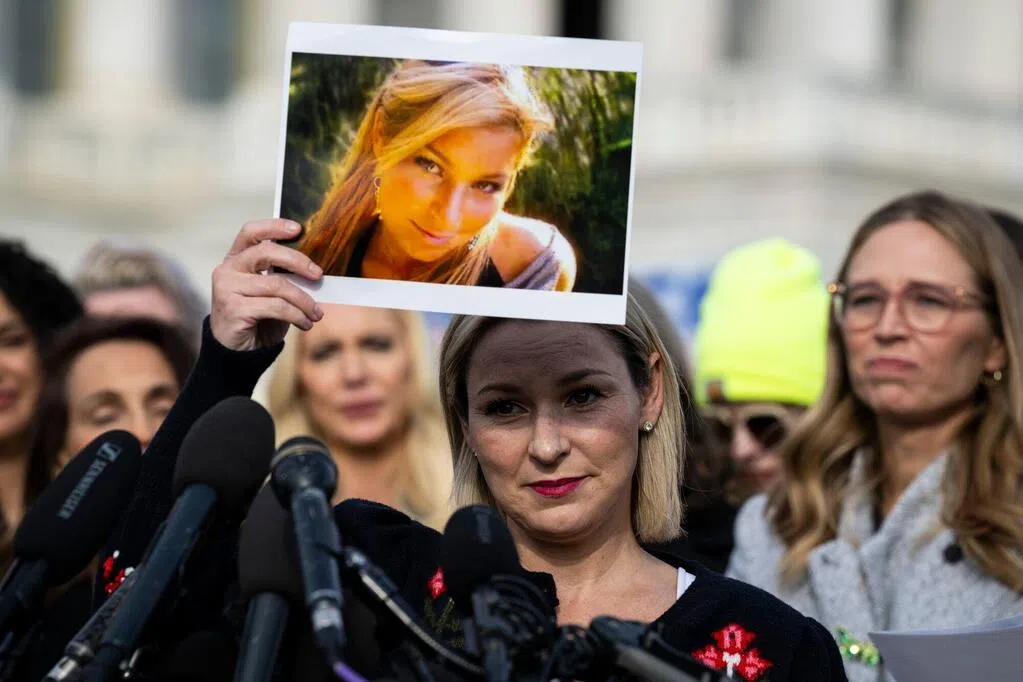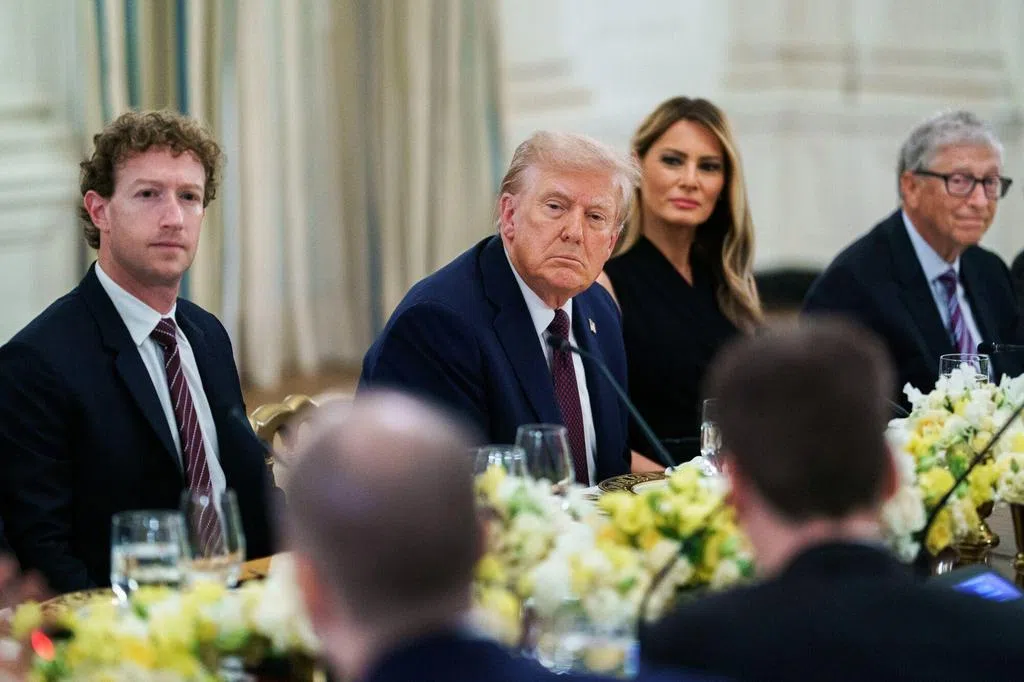(Washington, D.C.) U.S. President Donald Trump signed a bill on Wednesday (November 19) directing the release of the files on late sex offender Jeffrey Epstein. The Justice Department is required to release these documents within 30 days.
Trump, who had consistently opposed releasing details of the Epstein case, suddenly changed his stance, and Congress subsequently passed the Epstein Files Transparency Act on Tuesday (November 18). Trump announced Wednesday evening that he had signed the bill.
According to the bill, the Justice Department must release non-classified information related to the investigation and prosecution of Epstein; certain information, such as victims' personal information and materials that may affect ongoing investigations, are exempt.
Sources indicate that the Trump administration could prevent the release of explosive details in the files by redacting content, delaying procedures, or continuing federal investigations. Last week, Trump ordered a new investigation into Epstein's relationships with Democrats; it is unclear whether this will affect the implementation of the bill.
Senate Majority Leader Chuck Schumer warned on Tuesday: “Once the president signs a bill, he must faithfully implement it. Trump cannot play tricks. He cannot use a trivial investigation as an excuse to release only some Epstein documents while deliberately hiding other documents that should be available to the American public.”
Further Reading


Jeffrey Epstein, who had close ties with numerous political and business figures, was arrested on suspicion of trafficking and sexually assaulting minors. He died in prison in August 2019, and the medical examiner ruled his death a suicide by hanging.
Trump and Epstein were old acquaintances, raising questions about whether Trump was aware of Epstein's illegal activities.
Meanwhile, former U.S. Treasury Secretary Larry Summers announced through a spokesperson on Wednesday that he was suspending his teaching duties at Harvard University and stepping down as director of a center at Harvard's Kennedy School.
Documents previously released by U.S. lawmakers show that Summers maintained contact with Epstein even after his conviction.
Summers also resigned from his board position at the artificial intelligence company OpenAI and terminated his collaborations with institutions such as the Center for American Progress. The New York Times also decided not to renew his one-year contributor contract signed in January of this year.



